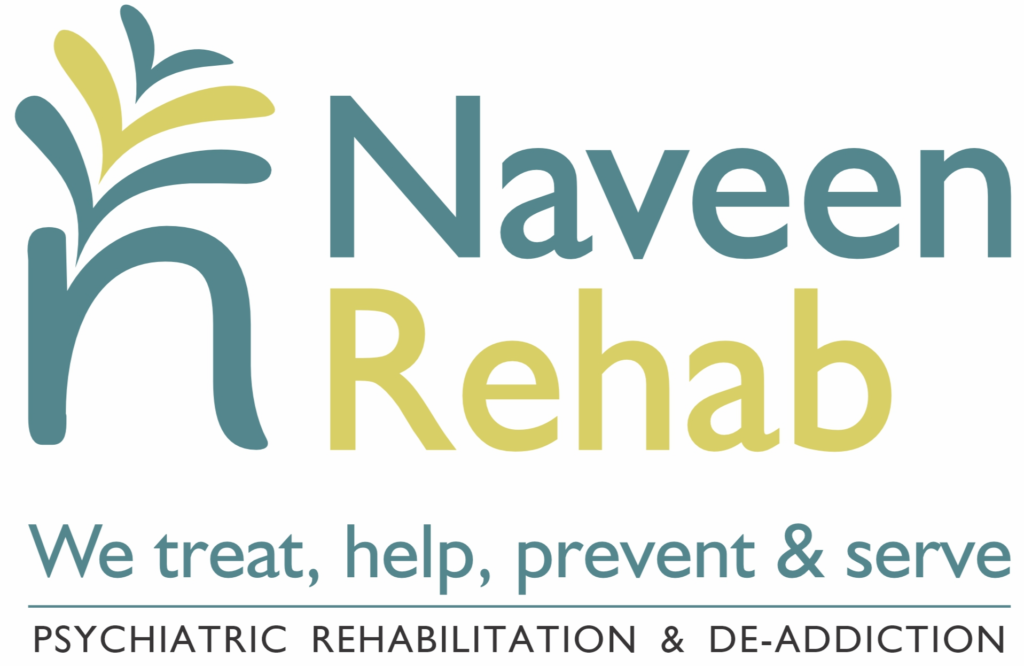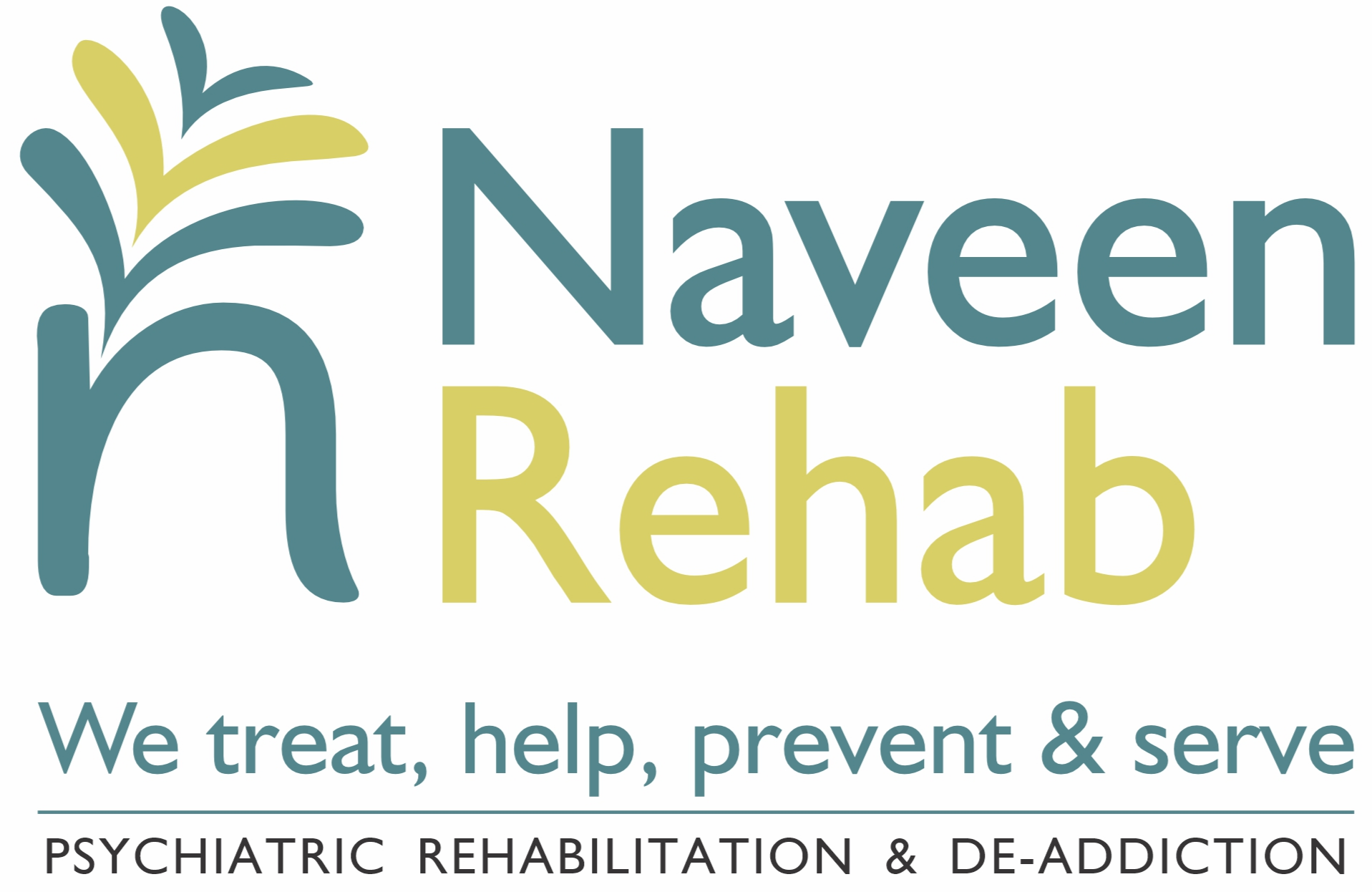Obsessive Compulsive Disorder (OCD)
Take back control of your life and manage your OCD with Naveen Rehab & De-addiction Center.

Obsessive Compulsive Disorder Treatment @ Naveen
At Naveen, we follow a phased, systematic approach of therapy and treatment to bring you out of depression or distress, which is time-proven and found to support people to continue with their normal lives, thus, fast-tracking their success rate. We offer quality Obsessive Compulsive Disorder Treatment in Coimbatore through OCD doctors and specialists.
- What?
- Why?
- How?
Obsessions are unwanted and intrusive thoughts, images, or urges that cause anxiety or
distress.
Compulsions are repetitive behaviors or mental acts that a person feels the urge to do in response to an obsession. They are often done in an attempt to relieve the anxiety or distress caused by the obsession.
The exact cause of OCD is not fully understood, but it is thought to be a combination of genetic, biological, and environmental factors.
Genetics: OCD appears to run in families, suggesting that there may be a genetic component to the disorder. However, specific genes that contribute to OCD have not yet been identified.
Brain chemistry: Some studies have shown that people with OCD have imbalances in certain brain chemicals, such as serotonin. However, it is not clear whether these imbalances are a cause or a result of OCD.
Environmental factors: Some environmental factors that may increase the risk of developing OCD include:
Traumatic or stressful life events: Experiencing a traumatic or stressful life event, such as abuse, neglect, or the death of a loved one, may increase the risk of developing OCD.
Childhood experiences: Some people with OCD report having experienced childhood experiences, such as being raised in a very strict or controlling environment, that may have contributed to the development of the disorder.
It is important to note that not everyone who experiences these factors will develop OCD. OCD is a complex disorder, and the exact cause is likely to vary from person to person.
Time-consuming: Obsessions and compulsions can take up a lot of time, making it difficult to work, go to school, or spend time with friends and family.
Distressing: Obsessions and compulsions can be very distressing and can cause a great deal of anxiety and stress.
Interfering: Obsessions and compulsions can interfere with daily life, making it difficult to do things that are important to you.
Repetitive: Obsessions and compulsions are often repetitive, and the same thoughts or behaviours may be repeated over and over again.
Sense of doubt: People with OCD often have a strong sense of doubt, and they may worry that they have not done something correctly or that something bad will happen if they do not perform a compulsion.
Avoidance: People with OCD may avoid situations or objects that trigger their obsessions.



